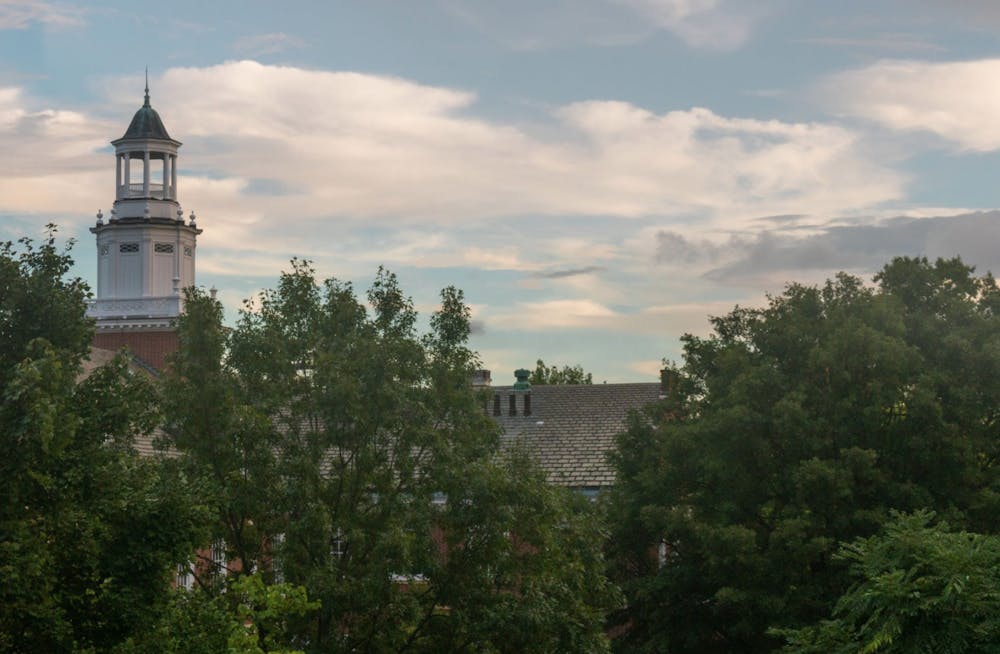Baltimore City Mayor Bernard C. “Jack” Young lifted the city’s ban on large outdoor gatherings beginning June 26. This decision comes one week after Young moved the city into phase two of Maryland’s re-opening plan, following shutdowns to prevent the spread of the coronavirus (COVID-19).
“We have seen tremendous progress in our city with respect to our numbers, due in great part to the risk reduction efforts by our city and residents,” Young said in a news release.
Although large outdoor gatherings are now permitted, events that require a city permit and large stadium events are still banned.
Rising senior Mikhael Hammer-Bleich, who is currently living in Baltimore, supports Young’s decision. In an email to The News-Letter on June 26, he noted that large outdoors gatherings have already occurred in the form of Black Lives Matter protests.
“The data seem to indicate that all the outdoor protests after the horrific killing of George Floyd did not materially increase Covid infections (with the possible exception of LA),” he wrote.
Rising senior Becky Shade, who is also currently living in Baltimore, explained in an email to The News-Letter that she did not support the decision.
“Some large outdoor gatherings like protests have been occurring anyway and those who attend are certainly not in the moral wrong for attending, as white supremacy has killed many more than coronavirus will,” she wrote. “But, the state officially permitting large outdoor gatherings is certainly morally wrong for putting people’s health at risk, especially in a city population with frequent high-risk comorbidities.”
In addition to permitting outdoor gatherings, Young also ruled that enclosed meeting spaces will be allowed to reopen at half-capacity.
Hammer-Bleich voiced concerns about people congregating in indoor settings.
“Maryland and Baltimore need to be watching the data coming out of the south. It seems many of the super spreader events are taking place at bars and parties,” he wrote. “I would strongly encourage reinstating an outright ban of indoor bars and parties for the near future within the state and the city.”
Hammer-Bleich stated that he will continue to self-isolate despite Young’s loosening of restrictions.
Shade, who will also be staying home, worries that essential activities will become high-risk if others in her community stop social distancing.
“If the change in regulations really does lead to behavior change in the population, activities such as going out to grocery stores where people who have attended large gatherings will be much more dangerous,” she wrote.
In the news release, Young stressed the importance of continuing to take precautions against COVID-19.
“This lifting of restrictions on mass gatherings is low-risk if individuals continue to practice social distancing and other mitigation tactics, like wearing a face covering, but not without risk,” he said. “Residents who choose to go out should still continue to do so safely.”





